LC vs RC Filters: Which One Should You Use and Why?
Understanding LC and RC Filters Filters are essential components in electronic circuits, playing a crucial role in signal processing by allowing certain frequencies to pass while attenuating others. The two primary types of filters are LC filters and RC filters, each characterized by their configuration and components. LC filters consist of inductors (L) and capacitors …
LC vs RC Filters: Which One Should You Use and Why? Read More »
